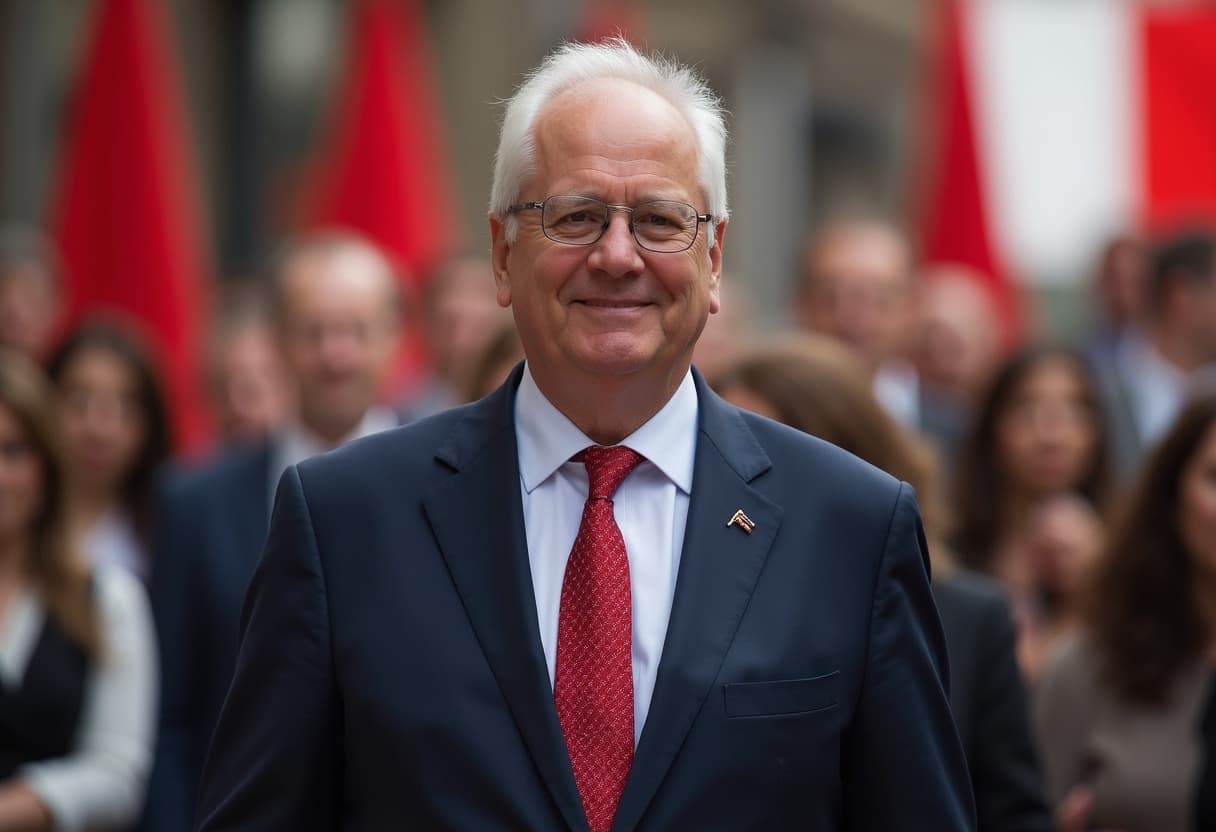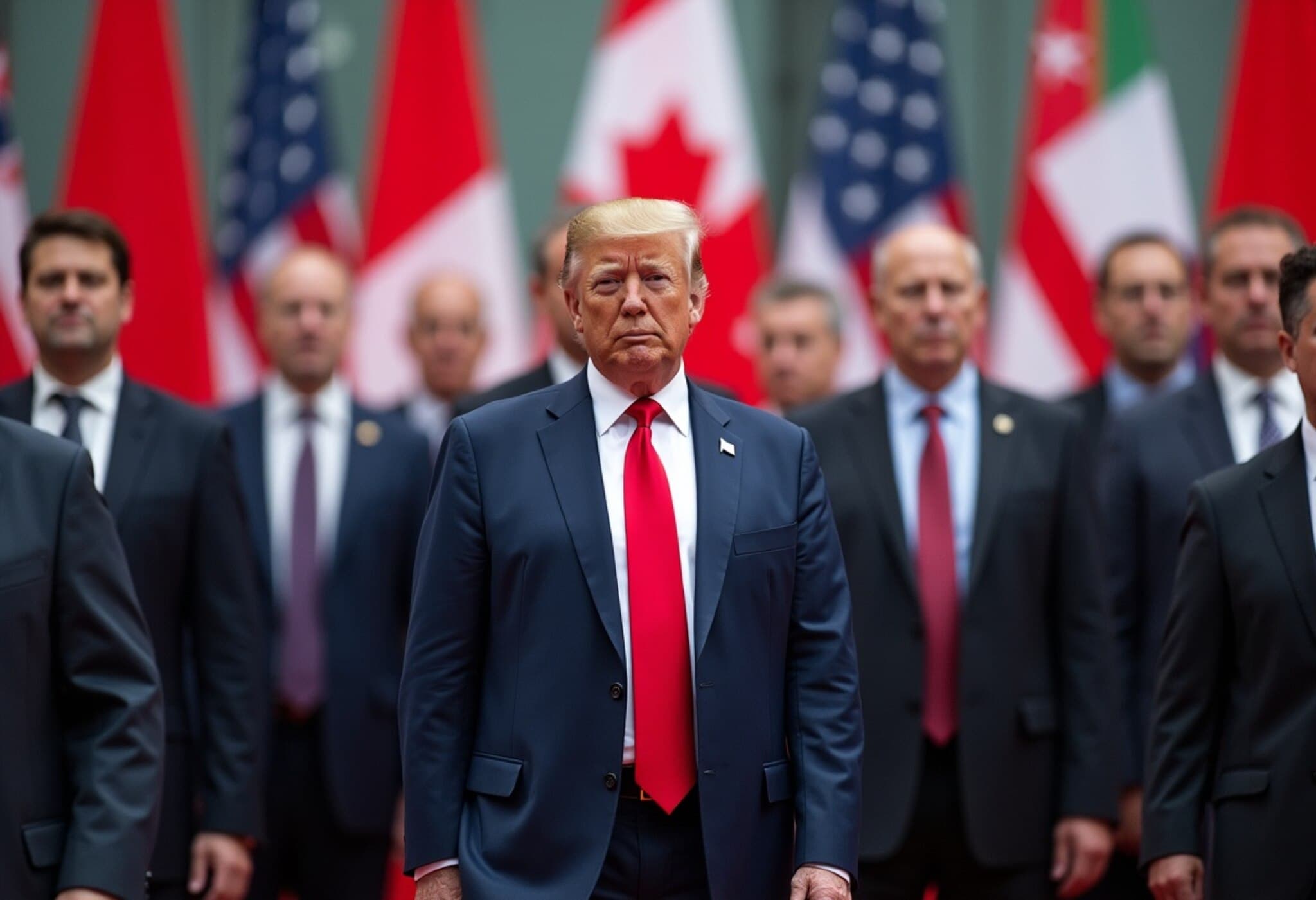Germany’s New Military Service Plan Raises Economic Concerns
Germany is gearing up to strengthen its military by introducing a voluntary six-month service program aimed at increasing the number of soldiers and reservists. However, this move has sparked worries among business leaders about potential labor shortages, which could impact the country’s economic recovery and growth.
Voluntary Service Targeting 5,000 Young Adults Annually
The plan seeks to attract approximately 5,000 young adults (primarily 18-year-olds) every year to participate in basic military duties such as guard services. Defense officials hope this will help expand the armed forces from 180,000 to 260,000 personnel and, importantly, double the pool of trained reservists from the current 100,000.
While the service is voluntary, there is an option to introduce a draft if volunteer numbers fall short. This strategy aligns with Germany’s commitment to NATO to increase its military by nearly 80,000 troops over the next decade amid rising security concerns related to Russia’s aggression.
Businesses Voice Concern Over Labor Market Pressures
Despite supporting the government’s efforts to strengthen national defense, many business owners are anxious about the repercussions this could have on the labor market. The country is already facing a tight labor market with an acute shortage of skilled workers in sectors such as healthcare, education, and engineering.
Steffen Kampeter, head of Germany’s largest employers’ association, stressed the delicate balance between security and economy: “The security situation is dramatic. Yes, we need more active soldiers and reservists. But only a strong economy can make that possible.”
He also noted that diverting personnel to the military will intensify the need for reforms around working hours, longer careers, and better integration of part-time employees to mitigate workforce gaps.
Germany’s Labor Challenges Amid High Employment
Germany currently boasts record-high employment levels but holds the distinction of having some of the shortest average working hours among developed countries, according to OECD data. The country’s new conservative government, led by Chancellor Friedrich Merz, is pushing to increase working hours and labor participation to address skill shortages and stimulate economic activity.
This includes targeted efforts to encourage longer careers, improve part-time workers’ integration, and boost productivity—measures that could be essential if military recruitment efforts pull more workers away from civilian jobs.
Balancing Defense Needs and Economic Stability
Germany’s ambition to expand its military and bolster national security must navigate the challenges of an already stretched labor market. As the government moves forward, careful consideration will be needed to ensure that defense goals do not inadvertently constrain economic growth or strain businesses in critical industries.
















